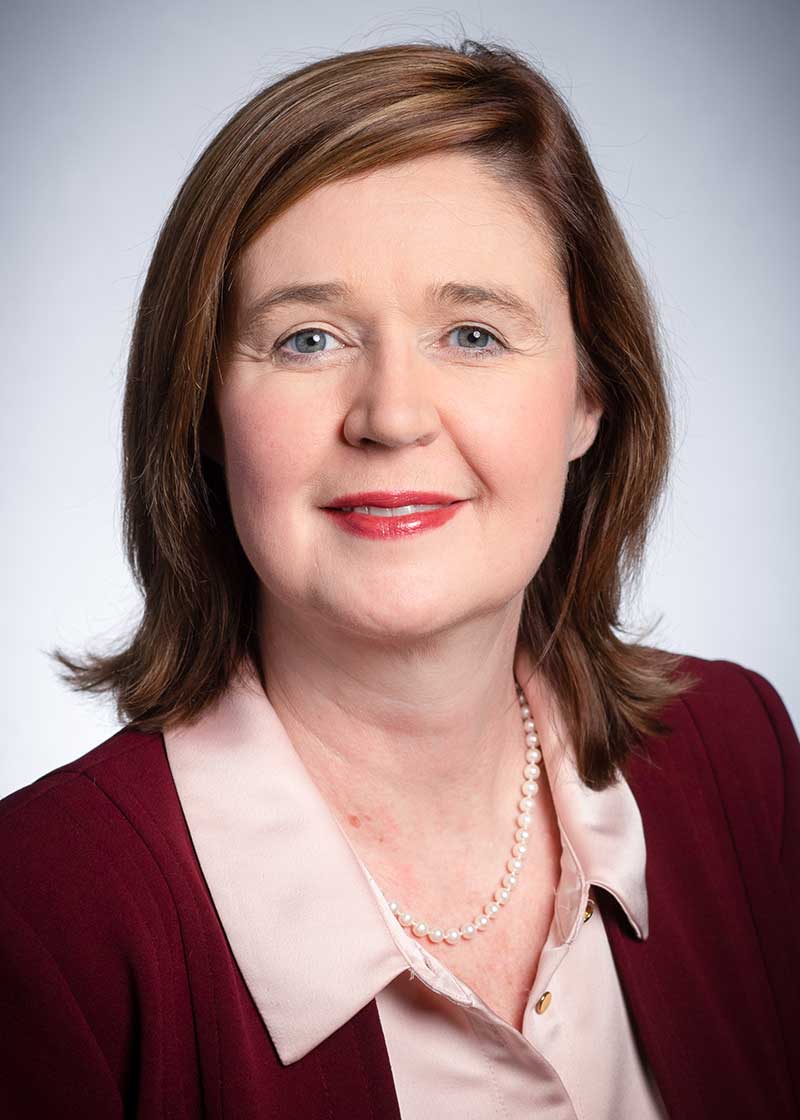June 2021
Julie Preskitt, PhD preskitt@uab.eduAssociate Professor, Health Care Organization and PolicyWhy public health?
I started my career as an occupational therapist at Children's of Alabama, working with medically fragile, high-risk children with disabilities and special needs. This direct patient care transformed from working with patients in the hospital to the outpatient setting and then to the community in Early Intervention programs. Although I loved working one-on-one with children and their families, I was seeing families face the same challenges over and over. This led to my interest in system-level issues and struggles that weren't directly related to a child's diagnosis (e.g., insurance coverage). Separately but related, while I was at Children's, several of my mentors had their MPH and suggested that I consider public health based on my interests and desire to expand my work to a broader level. These collective experiences led me to obtain my MPH in Maternal and Child Health from the UAB School of Public Health. I later completed my PhD in Public Administration and Public Policy at Auburn University.
Why the UAB School of Public Health?
I was working in Montgomery with the Alabama Department of Rehabilitation Services-Children's Rehabilitation Service when my mentor, Dr. Beverly Mulvihill, announced her plans to retire. Although she was at UAB, Dr. Mulvihill worked very closely with state and local agencies. The Department of Health Care Organization and Policy had established a position to recruit a junior faculty member to continue Dr. Mulvihill's efforts in connecting classroom learning to real-world public health practice. This was a perfect fit for me and luckily I was selected.
Broad research focus:
I consider myself to be a "pracademic" someone who helps connect the worlds of public health practice and rigorous academic approaches. Broadly, I teach and mentor around program evaluation and needs assessment. For the program evaluation piece, a large part of my work is with two programs sponsored by the AL Department of Early Childhood Education: (1) a home-visiting program for high-risk women and babies and (2) a high-quality, voluntary preschool program. We primarily seek to understand how well these programs accomplish their objectives. An example of our needs assessment work is our partnering with the Alabama Department of Public Health to analyze quantitative data and to conduct surveys, focus groups, and listening sessions with state and community stakeholders to identify maternal and child health needs and to support the selection of priorities for the next 5 years of programming.
Can you tell us about the AEAC?
As the Director of the Applied Evaluation and Assessment Collaborative, I am honored to work with other faculty and staff according to our mission to work "collaboratively with partners to integrate practice and evidence to evaluate programs and initiatives to improve outcomes." We primarily assist state and community organizations with mixed methods evaluation strategies to enable them to make data-driven decisions to improve their programs. We also coach these groups on understanding their data and results to empower them to make requests to the legislature and other governing bodies that support sustainability, expansion, and accountability. The AEAC also provides support for UAB research and evaluation grants obtained by faculty throughout the university, offering a continuum of services from functioning broadly in a lead evaluator role to facilitating specific strategies such as surveys, focus groups, and semi-structured interviews.
An exciting ongoing project?
I have worked with the early childhood population for some time. Through a new collaboration with the AL Department of Mental Health, we are serving as the lead evaluators for a new infant early childhood mental health system. The goal of the initiative is to educate everyone who interacts with infants and their families on how to support social and emotional skills development in young children (0-5 years old), as these skills are crucial to life-long success. This includes families, childcare providers, preschool teachers, and others. Furthermore, the program seeks to better equip specialty providers such as psychologists and psychiatrists to work with this young population to address challenging behaviors and other mental health issues. As the lead evaluators, we will establish program metrics and outcomes.
Most prized professional accomplishment?
When one of our partners is able to improve their programming or impact as a result of their collaboration with us. It is also pretty cool when someone like the Governor quotes a finding from one of our reports or white papers in speeches such as her State of the State annual address.
Any ideas on your wish list?
Providing community and state organizations with a rigorous evaluation is extremely rewarding. I would like to work more closely with the non-profit sector but resources for needs assessments and program evaluations are often a barrier in that space.
